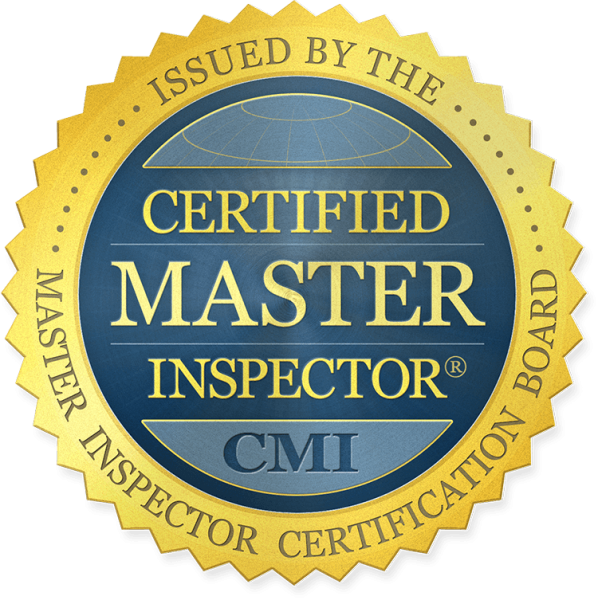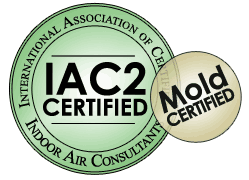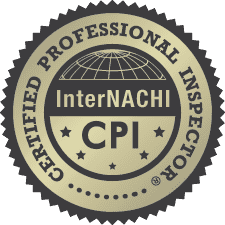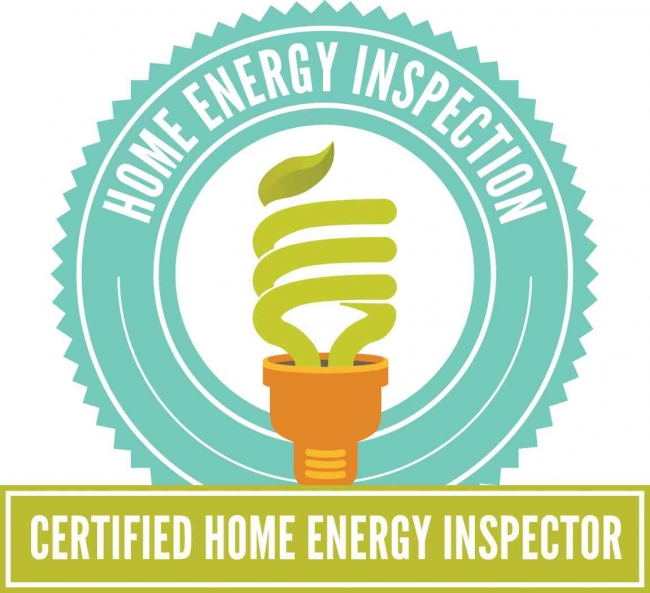According to the National Fire Protection Association, almost two-thirds of home fire deaths resulted from fires in properties without working smoke alarms. There was a terrible tragedy right here in Charleston, WV that is a prime example. Children and adults died, and the only alarm was mounted under a counter top. A working smoke alarm significantly increases your chances of surviving a deadly home fire.
What types of smoke alarms are available?

![]()
There are many different brands of smoke alarms available on the market, and I have seen most during a Charleston Home Inspection, but they fall under two basic types: ionization and photoelectric.
It cannot be stated definitively that one is better than the other in every fire situation that could arise in a residence. Because both ionization and photoelectric smoke alarms are better at detecting distinctly different, yet potentially fatal fires, and because no one can predict what type of fire might start in a home, the USFA recommends that every residence and place where people sleep be equipped with:
-
Both ionization AND photoelectric smoke alarms, OR
-
dual sensor smoke alarms, which contain both ionization and photoelectric smoke sensors
In addition to the basic types of alarms, there are alarms made to meet the needs of people with hearing disabilities. These alarms may use strobe lights that flash and/or vibrate to assist in alerting those who are unable to hear standard smoke alarms when they sound.
What powers a smoke alarm?

Smoke alarms are powered by battery or they are hardwired into the home’s electrical system. If the smoke alarm is powered by battery, it runs on either a disposable 9-volt battery or a non-replaceable 10-year lithium (“long-life”) battery. A backup battery is usually present on hardwired alarms and may need to be replaced.
These batteries must be tested on a regular basis and, in most cases, should be replaced at least once each year (except for lithium batteries). See the Smoke Alarm Maintenance section for more information.Are smoke alarms expensive?
Smoke alarms are not expensive and are worth the lives they can help save. Ionization and photoelectric smoke alarms cost between $6 and $20. Dual sensor smoke alarms cost between $24 and $40. I personally check for smoke alarm operation, though it is not listed in most Home Inspection Standard Practices. But when performing a Charleston Home Inspection, or Home Inspection in any surrounding area, I feel it is my duty to help keep you and your family safe.
![]()









